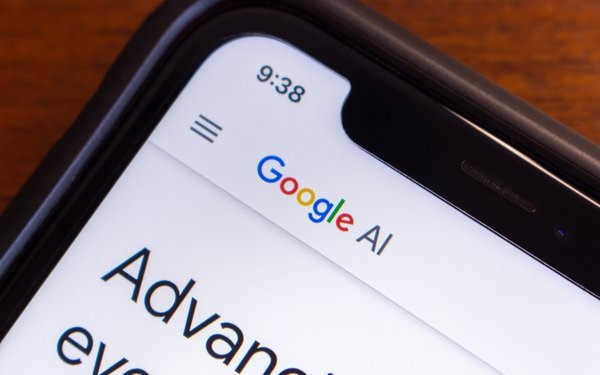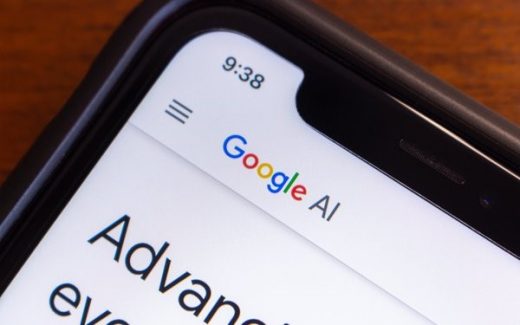Google Accidentally Leaks Jarvis, Shows The Agent Is Real
Google Accidentally Leaks Jarvis, Shows The Agent Is Real

An advanced version of Gemini AI will power Project Jarvis, an autonomous artificial intelligence (AI) agent built to perform tasks such as gathering research, purchasing products, or booking flights, but one of the major questions will be whether adaptive learning comes next.
Google wants Jarvis to become a complete system, with the ability to make independent decisions such as managing emails, scheduling appointments or booking reservations — as well as conducting research to reveal important information about a subject the user might not know is needed.
Jarvis does more than answer questions or generate text. This is Google’s attempt to develop an AI that could take over more of the repetitive tasks in a browser. It moves past text generation into autonomous tasks, and interprets commands though visually understanding on-screen elements within Chrome.
This week, Google accidentally posted a preview of Jarvis and made it briefly available for download on the Chrome extension store, but quickly deleted it.
Project Jarvis — which Google is expected to release in December — will likely run on adaptive learning that leverages data, analytics and interactions between the user and agent. (This conjecture has not been confirmed by Google.)
Adaptive learning would benefit brand and performance strategies by adding a personalized approach to learning the preferences of consumer who interact with it, browse content across the web, click on ads, or watch videos. And in return, it would provide specific feedback and guidance for more precise ad targeting through an opt-in preference.
Privacy and security concerns are always present when an autonomous technology has access to sensitive information such as documents, emails, schedules and more.
Project Jarvis would likely require the consumer to opt in to enhanced encryption and multifactor authentication. Cybersecurity will become essential to fend off external threats.
Companies focused on AI have or are building agents. Microsoft built AI agents, and Anthropic’s AI model Claude AI has the ability to control a person’s computer and be taught to do a variety of tasks. I’m thinking about something much more sophisticated, such as analyzing and predicting trends to become a true personal assistant and the ability to use logic to plan steps and achieve goals.
AI agents can refine decision-making process based on positive, neutral, and negative responses, according to Globant, a multinational IT and software development company that works with companies like Nissan and Royal Caribbean Group.
(6)


